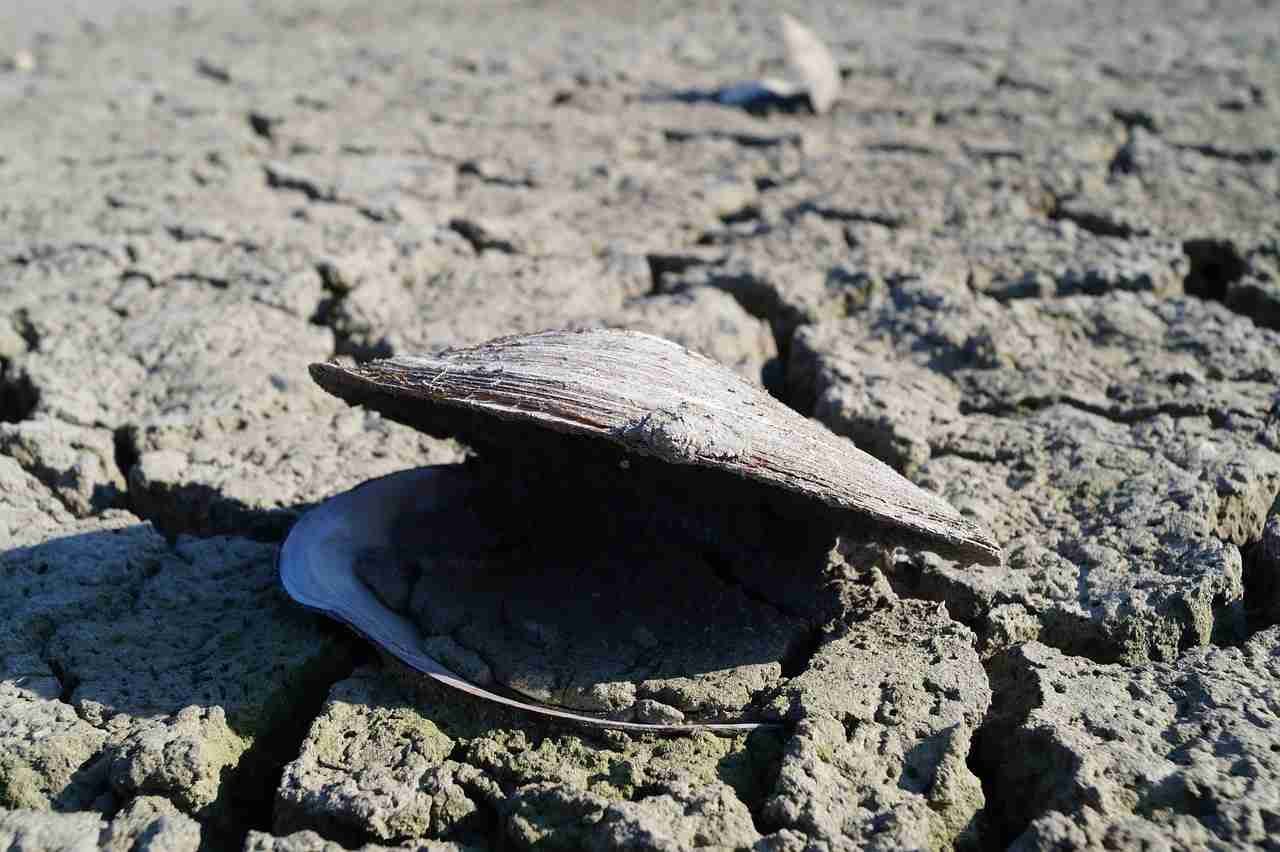As outdoor enthusiasts, we are intimately connected with nature. However, climate change is rapidly altering the landscapes we cherish and the activities we enjoy. From shifting weather patterns to changing ecosystems, the impact is profound and widespread. In this article, we explore how climate change is reshaping various outdoor activities, the challenges it presents, and how we can adapt to these changes while contributing to the planet’s health.
Altered Seasons and Their Effects
Skiing and Snowboarding: Warmer temperatures are leading to shorter winter seasons, impacting the skiing and snowboarding industry. Many resorts now rely on artificial snow, which is both energy-intensive and less satisfying for enthusiasts. The unpredictability of snowfall poses a challenge for planning and has economic implications for areas dependent on winter sports tourism.
Hiking and Trekking: Changing climate conditions are affecting hiking experiences. Trails once known for their lush greenery or scenic snow-capped peaks are undergoing visible transformations. In some regions, increased temperatures lead to drier conditions, increasing the risk of wildfires, which can make trails hazardous or inaccessible.
Fishing: Due to climate change, water temperatures and ecosystems are undergoing significant changes, which in turn impacts fish populations. Consequently, for anglers, this means there are noticeable shifts in the distribution of species, as well as altered fishing seasons, and therefore there is a need for more sustainable fishing practices to conserve affected fish populations.
Bird Watching: As bird migration patterns change due to climate shifts, birdwatchers are noticing different species in their usual spots. This shift requires adapting to new birding schedules and locations.
Water Sports: Activities like kayaking, canoeing, and rafting are affected by altered river flows and droughts. Consequently, in some areas, water levels have dropped, significantly impacting navigability and, subsequently, the health of aquatic ecosystems.
The Role of Outdoor Enthusiasts in Mitigating Climate Change
As those who love and appreciate the outdoors, we have a role to play in combating climate change. Here are a few ways to contribute:
- Advocacy and Education: Use your voice to advocate for climate action. Educate others about the impacts of climate change on the natural world and outdoor activities.
- Sustainable Practices: Adopt eco-friendly outdoor practices. This includes minimizing waste, practicing leave-no-trace principles, and choosing sustainable gear.
- Supporting Conservation Efforts: Engage with and support conservation organizations. Participate in local clean-up efforts, habitat restoration projects, and initiatives aimed at preserving natural areas.
- Responsible Travel: Reduce your carbon footprint by choosing eco-friendly travel options. Support eco-tourism initiatives that focus on sustainability and community development.
- Citizen Science: Participate in citizen science projects that contribute to climate change research. This can include tracking bird migration, monitoring water quality, or collecting data on flora and fauna.
Adapting to the changes brought by climate change is essential for the continued enjoyment of outdoor activities. Here’s how we can adapt:
- Seasonal Flexibility: Be flexible with your activity timing. Adjust your outdoor plans according to the changing seasons and weather patterns.
- Exploring New Areas: As some areas become less accessible or enjoyable due to climate change, explore new regions and activities. This can lead to discovering hidden gems and new experiences.
- Skill Development: Develop skills that are relevant to the changing conditions. For example, learn about wildfire safety if you’re a hiker, or understand changing fish behaviors if you’re an angler.
- Technology Utilization: By using technology to stay informed about weather conditions, trail closures, and environmental alerts, individuals can significantly enhance their ability to plan safer and more enjoyable outdoor excursions. This approach ensures that adventurers are well-prepared and can adapt their plans according to real-time information, leading to a more seamless and enjoyable experience.
Climate change presents significant challenges for outdoor activities, but it also offers an opportunity for us to deepen our connection with the natural world and advocate for its preservation. By adapting our practices, supporting conservation efforts, and being mindful of our impact, we can continue to enjoy the outdoors while contributing to the health of our planet. As we navigate these changing landscapes, let’s embrace the new realities with resilience and a commitment to sustainable outdoor exploration.

